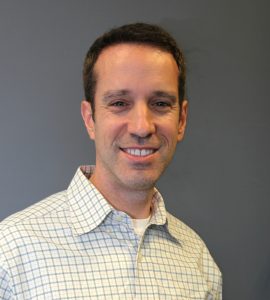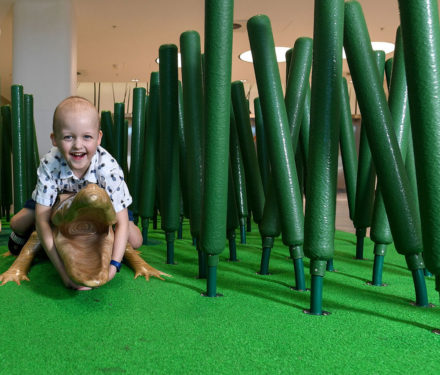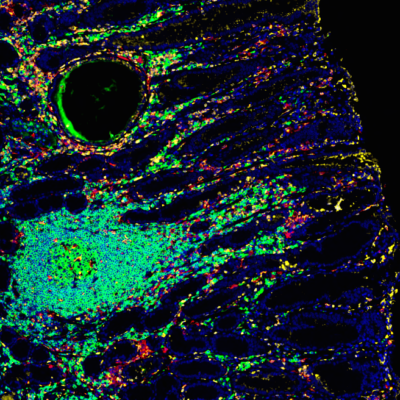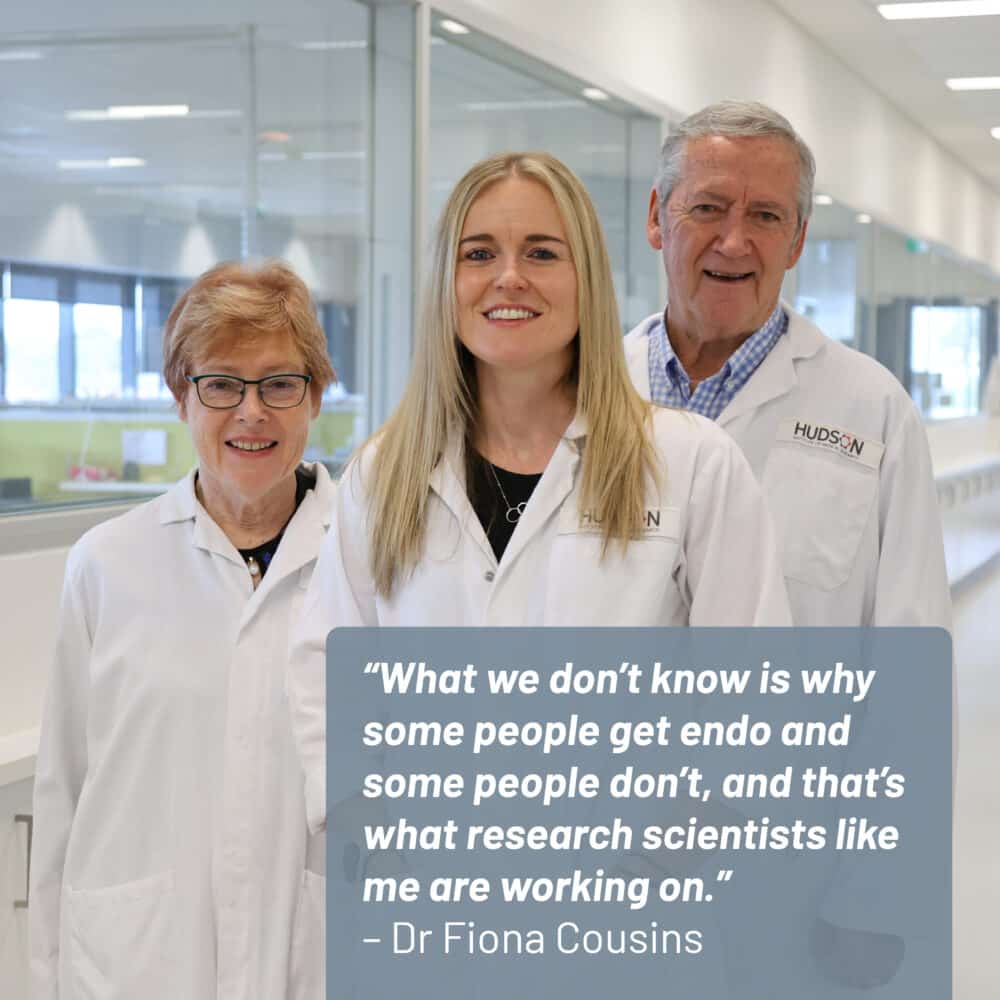Q&A with Associate Professor Ron Firestein
By Hudson Institute communications
Associate Professor Ron Firestein talks about why he moved from the US (where he worked for biotech company Genentech in San Francisco) to take up an appointment at the Hudson Institute as Director of the Centre for Cancer Research, and at MHTP partners Monash University, as Associate Professor, and as a consulting pathologist at Monash Health.

“Research in my laboratory focuses on using integrative genomic approaches to identify new druggable targets and pathways for cancer. Areas of interest include epigenetic pathways that mediate tumorigenesis and drug resistance, long noncoding RNAs as both biomarkers and functional mediators of cancer and differentiation therapy.”
Why did you decide to go into medical research after becoming a doctor? Why is medical research so important?
My own path started in the laboratory and led me to the clinic. As an undergraduate student, I was fortunate to have an opportunity to work in the laboratories of two distinguished physician-scientists, Drs. Nancy Cooke and Stephen Liebhaber. I was unsure at that point whether I would be a clinician or a scientist but as part of working in their lab I instantly was drawn to the unique experiences and perspectives of clinician-scientists who go back and forth between the lab and the clinic and can serve as ‘translators’ of medical research.
The value of medical research is clearly illustrated in cancer patient outcomes. Where 20 years ago, we could only offer toxic chemotherapies that indiscriminately kill proliferating cells, we now understand the molecular basis of cancer much more clearly and,in many cases, can target tumor cells using genetically defined therapies.
Tell us about some of your most notable discoveries so far?
One of the major projects I led at Genentech involved finding biomarkers that can predict which patients will respond to epigenetic therapies. We found that sensitivity to BET inhibitors is predicted by the presence of distinct long noncoding RNAs that are expressed from as a consequence of BET activity. I’m particularly excited about this work because of its potential to directly impact patient care in the next 3 years. There are more than five companies developing BET inhibitors for cancer treatment but yet we don’t understand why some patients respond while others do not. Our recent work (to be published soon) offers a potential path forward for selecting the appropriate patient population for this class of drugs.
You have just moved to Australia to begin working at the Hudson Institute. Why did you choose the Hudson over other medical research institutes?
Joining the Hudson Institute is a fantastic opportunity to be in the right place at the right time. Two key Institute strengths that led me to come here were the strong culture of collaboration and multi-disciplinary research and the clinical and translational strength on the Monash Health campus. Our Centre is composed of young, dynamic scientists and clinicians who are tackling the most challenging problems in cancer research using unique and multi-disciplinary approaches. Its exciting to see how ‘out of the box’ thinking can come together as project ideas are spawned between our scientists and other Hudson Centres that focus on orthogonal questions in immunity, endocrinology, and reproductive health. These types of collaborations are intellectually exciting, creative and risky – exemplifying how academic latitude can often times lead to innovation.
A second key strength is the strong clinical network at Monash and our central role and location as part of this framework. The opening of the new Translational Research Facility (TRF) will be a transformative change for us as for the first time we will have scientists, physicians and clinical trial coordinators in the same physical space. This will be critical in facilitating dialogue, sparking translational research and ultimately impacting care and improving health outcomes for our patients.
How is your family settling into Australian life?
I came here with my wife, Naama, and two daughters Eliana (age 6) and Emily (age 3). My family loves Australia! Aside from being attacked by a grumpy neighbourhood magpie we’ve found non-avian Australians to be very welcoming and friendly. The girls have settled in to their new school and already have many friends. At this point, they have both started to sing the Australian national anthem and declared that they are never leaving Australia.
What do you hope to achieve as head of Hudson’s Centre for Cancer Research?
The Cancer Centre is an exciting and growing theme area at the Hudson Institute. Many of our members are early career scientists and I am particularly looking forward to mentoring and working collaboratively with them to cultivate and promote the Centre’s unique strengths and attributes.
What is the aim of your research at the Institute?
Research in my laboratory focuses on using integrative genomic approaches to identify new druggable targets and pathways for cancers. Areas of interest include epigenetic pathways that mediate tumorigenesis and drug resistance, long noncoding RNAs as both biomarkers and functional mediators of cancer and differentiation therapy.
How will your clinical role at Monash Health benefit your research?
As a molecular genetic pathologist, I am involved with efforts initiated by Monash Health Pathology to build a framework for implementing clinically meaningful genetic tests for cancer patients. These efforts are particularly meaningful not only for clinical decision making but also for translational research efforts as we move towards tests that utilise next-generation sequencing technology. Importantly, these techniques enable us, more than ever, to conduct exploratory studies and interrogate new biomarkers in clinical samples making these efforts a critical platform for identifying perturbations in clinical material, which we can then bring back and interrogate functionally in the lab.
Contact us
Hudson Institute communications
t: +61 3 8572 2697
e: communications@hudson.org.au
About Hudson Institute
Hudson Institute’ s research programs deliver in five areas of medical need – inflammation, cancer, reproductive health, newborn health, and hormones and health. More
Hudson News
Get the inside view on discoveries and patient stories
“Thank you Hudson Institute researchers. Your work brings such hope to all women with ovarian cancer knowing that potentially women in the future won't have to go through what we have!”






